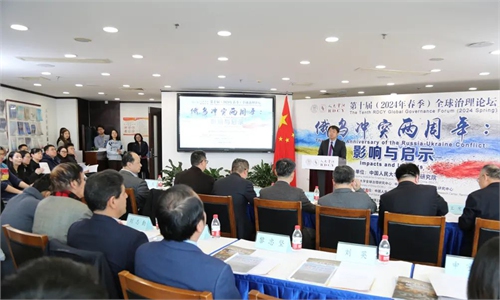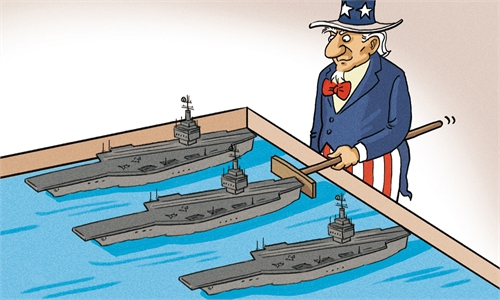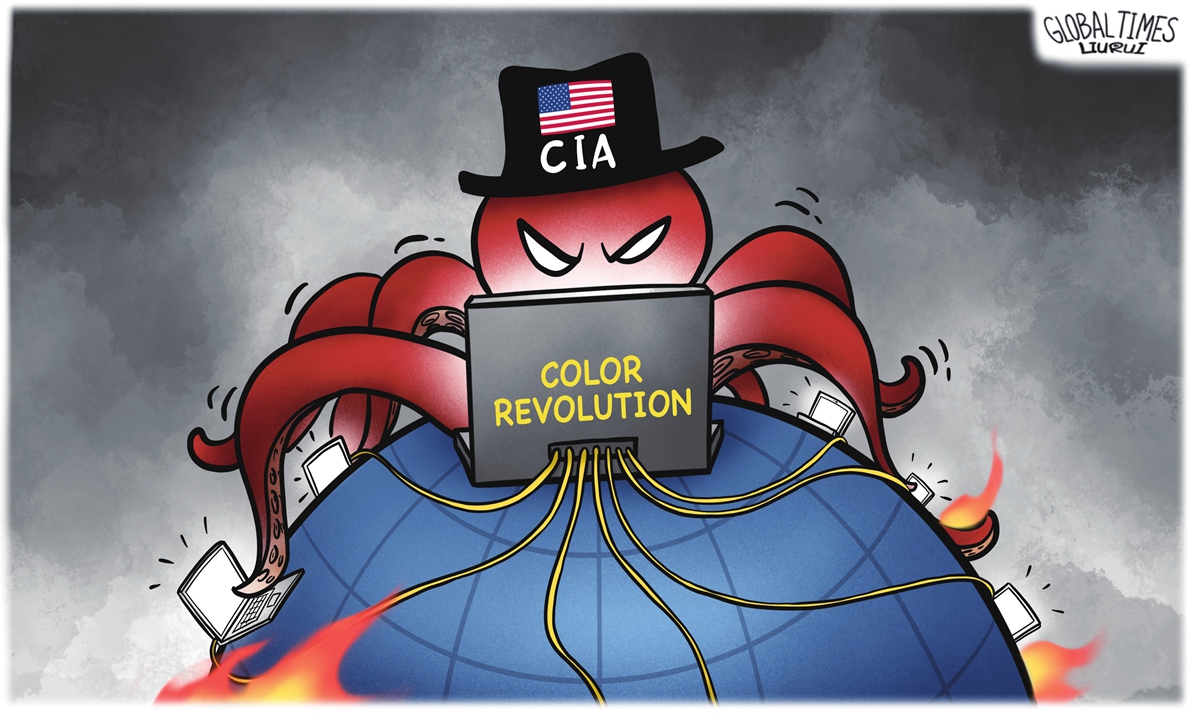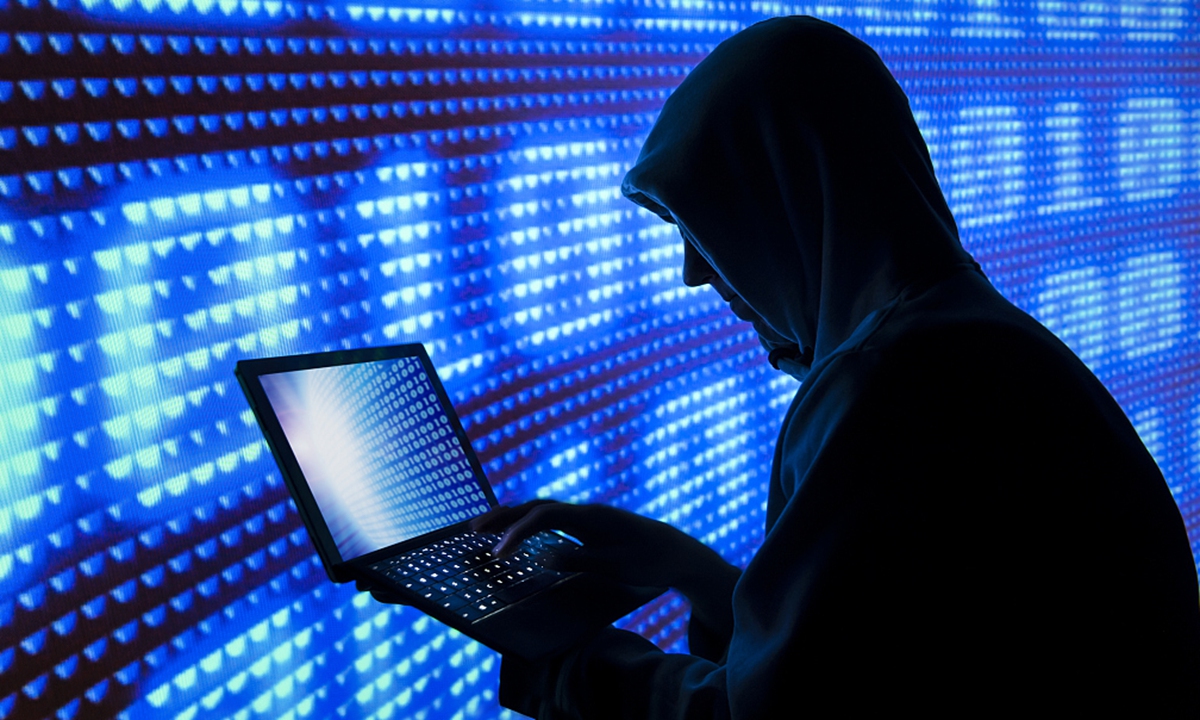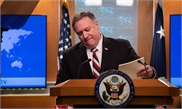Recently, during his participation in the Munich Security Conference (MSC), US Secretary of State Antony Blinken made a statement that offers significant room for interpretation and is worthy of in-depth analysis. When responding to a moderator's question concerning that "the US-China tensions are leading to greater fragmentation," he used an American slang phrase, stating that "if you're not at the table in the international system, you're going to be on the menu." Translated into Chinese, the meaning is akin to "if you're not the knife and the chopping board, you'll be the fish and meat on the board." As the chief diplomat of a superpower, Blinken's use of this phrase reveals a worldview characterized by a harsh and chilling perspective of a world where the strong prey on the weak.
This is not the first time Blinken has made such remarks. On January 24, 2022, during a forum, Blinken used this same phrase to elucidate the China-US relationship, emphasizing that in competition with China, they should make sure that the US is "at the table," but not on the menu. Going back further, this phrase appeared in a 1993 article in an American Middle East affairs journal, describing the situation in Lebanon at that time.
Subsequently, individuals of different backgrounds used it in various contexts. However, Washington politicians gradually found that it "vividly and accurately" encapsulates the US worldview and foreign strategy, making it resonate with their beliefs. Hence, Blinken reiterated the remarks.
The phrase "if you're not at the table, you'll probably be on the menu" is extremely straightforward, even blunt, representing a stark zero-sum game mentality. In plain language, if you have the strength, you devour others at the table; if you lack strength, you become the prey on the menu. It adheres completely to a jungle law where power and status, not ethical or legal norms, dictate actions.
Over 200 years ago, the massacre and land usurpation against the indigenous peoples living in North America were manifestations of this mind-set. World War I instigated by old European empires and, to some extent, the Cold War can also be seen as examples. However, with the progress of political civilization and the development of economic globalization, this mind-set and approach are increasingly unpopular.
In fact, even within the US, the use of this slang phrase is filled with criticism and reflection, because it implies that when privileges that can be enjoyed at the table appear, it is usually at the expense of sacrificing others. The corresponding Chinese phrase "if you're not at the table, you'll probably be on the menu" is even more filled with the humiliation of being at the mercy of others. Strictly speaking, Blinken, as the chief diplomat of the US and a professional diplomat, speaking such words can be considered a slip of the tongue and a loss of composure. However, his repeated blunt remarks in international public forums also indicate the unapologetic hegemonic thinking of current American diplomacy.
Washington's current official diplomatic rhetoric emphasizes the so-called "rules-based international order," but it is all used as tools to demand, restrain, and accuse others, or to cover up US own hegemonic intentions. Blinken's "table and menu" remarks indicate that the underlying logic that Washington truly believes in and follows in its foreign strategy has not fundamentally changed. He may also be intended to create a sensationalistic effect of intimidation. In the US Congress, there is a mobilization of public opinion on the strategy of containment against China, while internationally, the US is coercing other countries to take sides between it and China, or else they will end up on the menu.
Former US president Woodrow Wilson once said "the small states of the world have a right to enjoy the same respect for their sovereignty and for their territorial integrity that great and powerful nations expect and insist upon." The principle of sovereign equality of states established by the Westphalian system has long been one of the fundamental principles of international relations and international law. All countries, especially small ones, have a higher awareness and insistence on sovereign equality. However, centuries later, the chief diplomat of the US seems more convinced of power politics, and unashamedly uses the privilege of "sitting at the table with a Western knife and fork to prey on others" to pressure and entice other countries. It must be said that this is also the tragedy of American diplomacy.
Today's world is not a private restaurant monopolized and controlled by individual superpowers, but a broad stage where all countries should share prosperity, bear responsibilities, and compete fairly. The vast majority of countries in the international community share the common desire for peace over war, justice over hegemony, and cooperation over confrontation. No country is destined to become the fish on the menu. Going against this historical trend is bound to be criticized and opposed by the international community.


